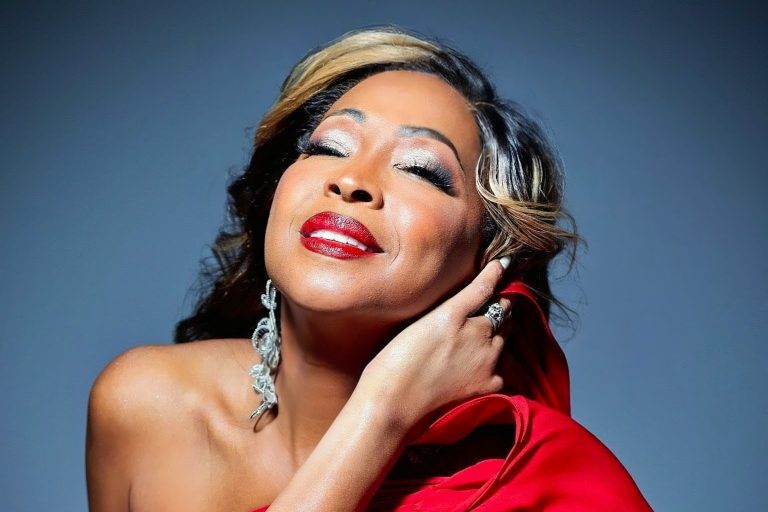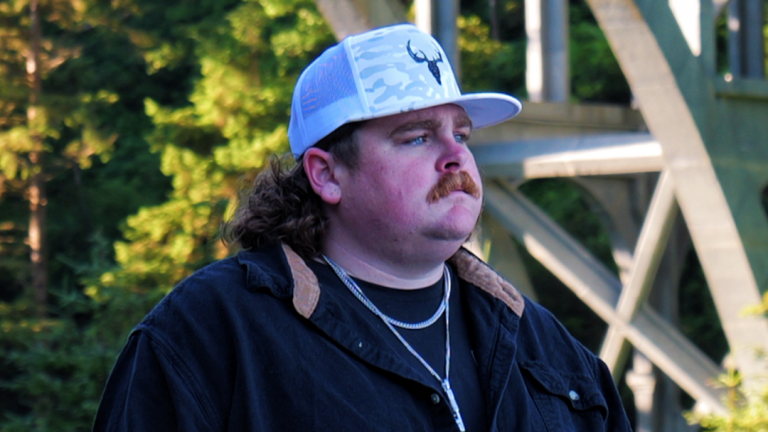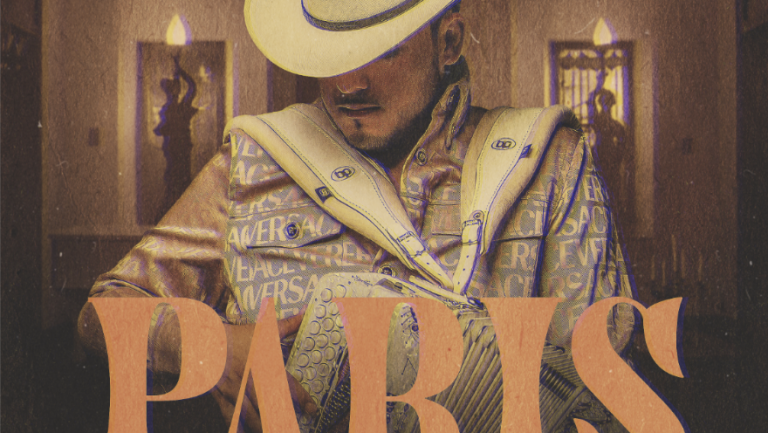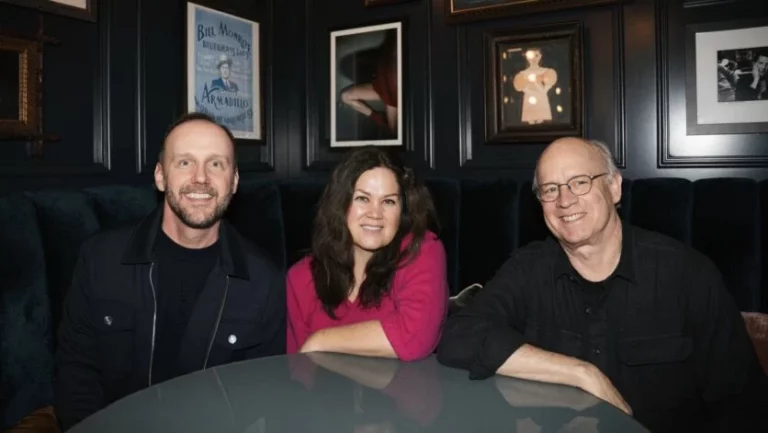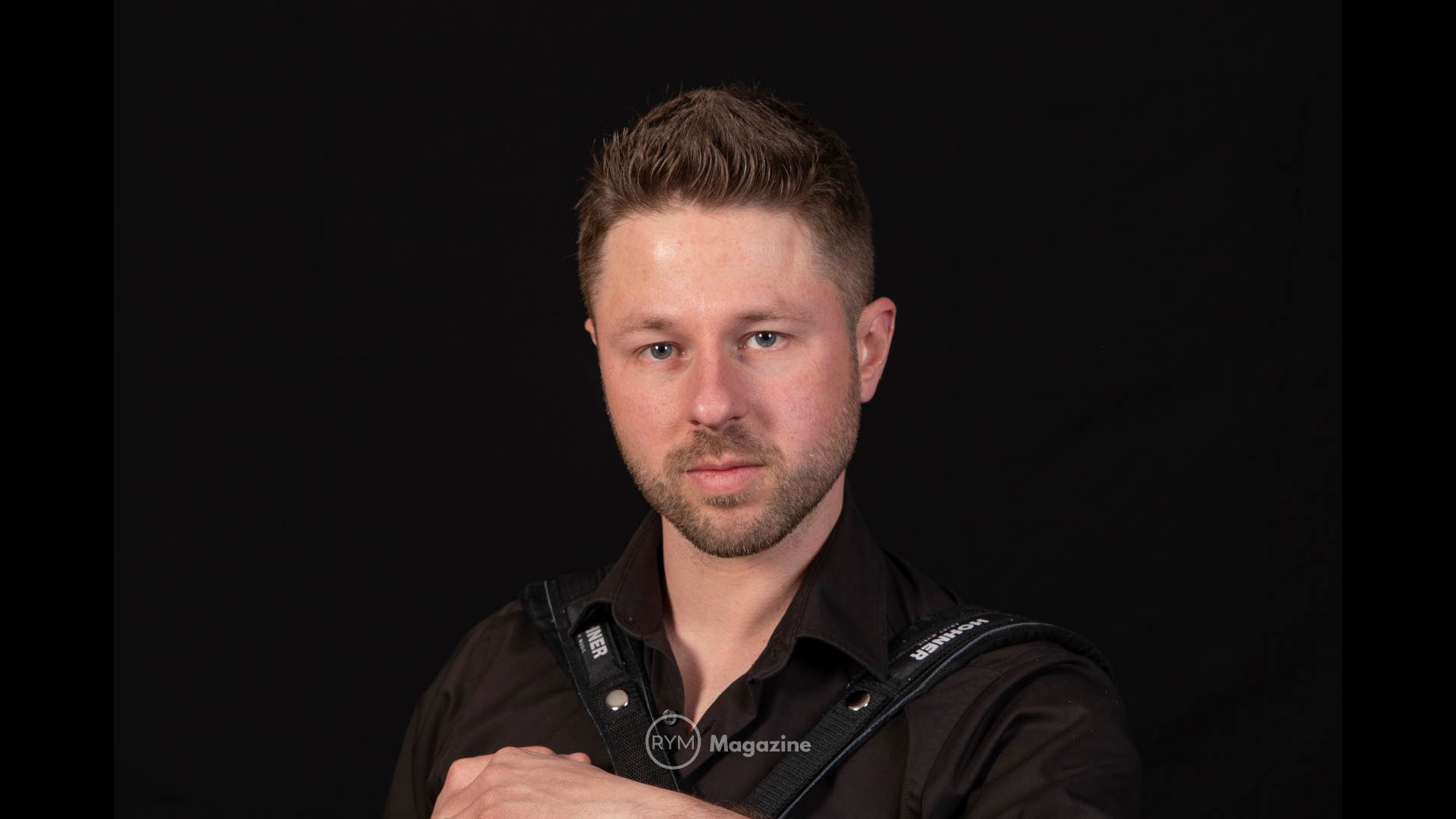
By Nely Martinez | Teresa Coben –
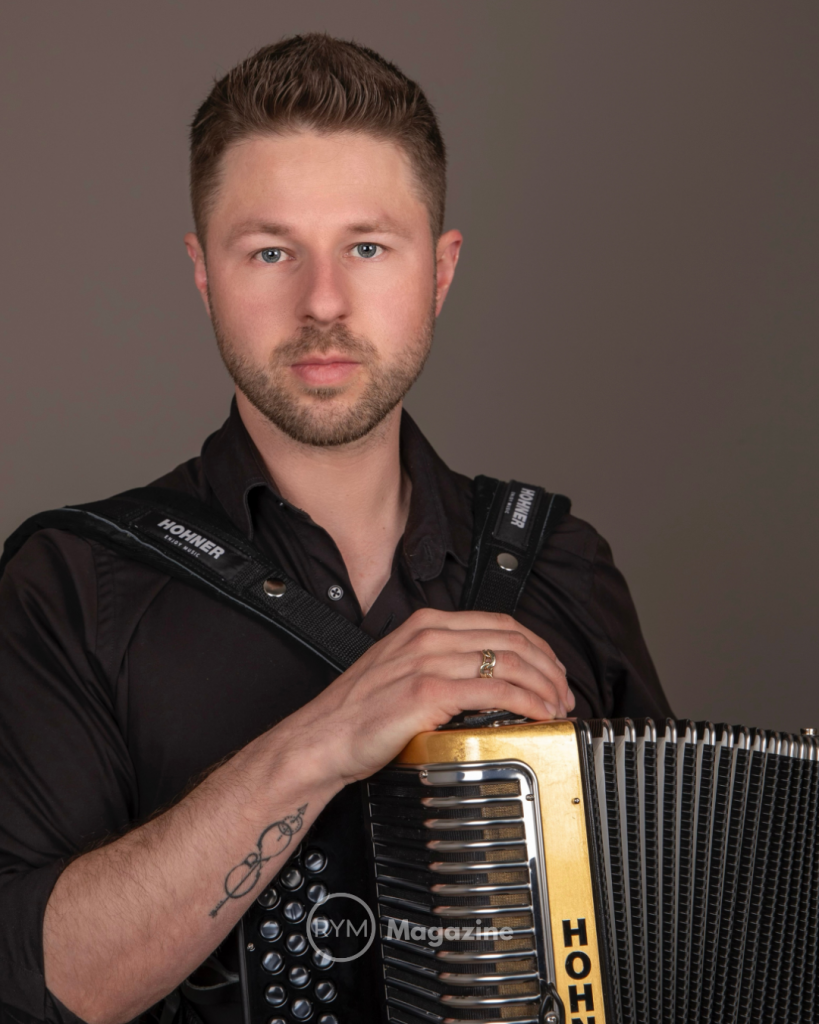
It’s a long, improbable road from the quiet, cobblestone streets of Montfort, Netherlands, to the raucous dance halls of South Texas. Yet, that’s precisely the journey Dwayne Verheyden has traversed, wielding an accordion with a virtuosity that’s earned him a Tejano Music Award and a reputation as one of the most compelling figures in global roots music. Forget your preconceived notions about cultural borders; Verheyden, affectionately known as “El Holandés,” isn’t just playing Tex-Mex — he’s living it, breathing it, and reshaping its future from 4,800 miles away.
Verheyden’s origin story isn’t one of dusty border towns and inherited cantina grit. It begins, rather unexpectedly, in a quaint Dutch home where his father, a proud Dutchman, found his musical bliss in the accordion-driven sounds of Leonardo “Flaco” Jiménez. “I grew up with Tex-Mex music, especially with Flaco Jiménez’s music since I’ve been born,” Verheyden, 30, recounts, his voice carrying the gentle lilt of his native tongue. He vividly recalls, “My dad listening to Flaco every single day” – a constant soundtrack that seeped into his young mind, laying the foundation for his future. This deep, early exposure meant that long before he ever set foot in Texas, the rhythms and melodies of Conjunto were already ingrained. By age seven, a budding prodigy acquired his first accordion, kickstarting a lifelong love affair.
The accordion, an instrument infamous for its demanding multi-tasking and often cited as one of the most difficult to master, might intimidate most. But Verheyden, ever the pragmatist, waves off the difficulty with a characteristic blend of humility and confidence. “I think it’s real easy,” he jokes, before clarifying with his earnest philosophy: “I always say if you really want something, then you can.” He credits his father’s relentless encouragement for pushing him past initial hurdles: “My dad would be really like, ‘come on,’ and ‘you can do better!’” These frequent nudges, he explains, were essential. “Yanda lesi number constant event, you know,” he adds, emphasizing the consistent push to improve. This wasn’t just about notes and scales; it’s about a stubborn, unwavering devotion to an art form that felt like destiny.

